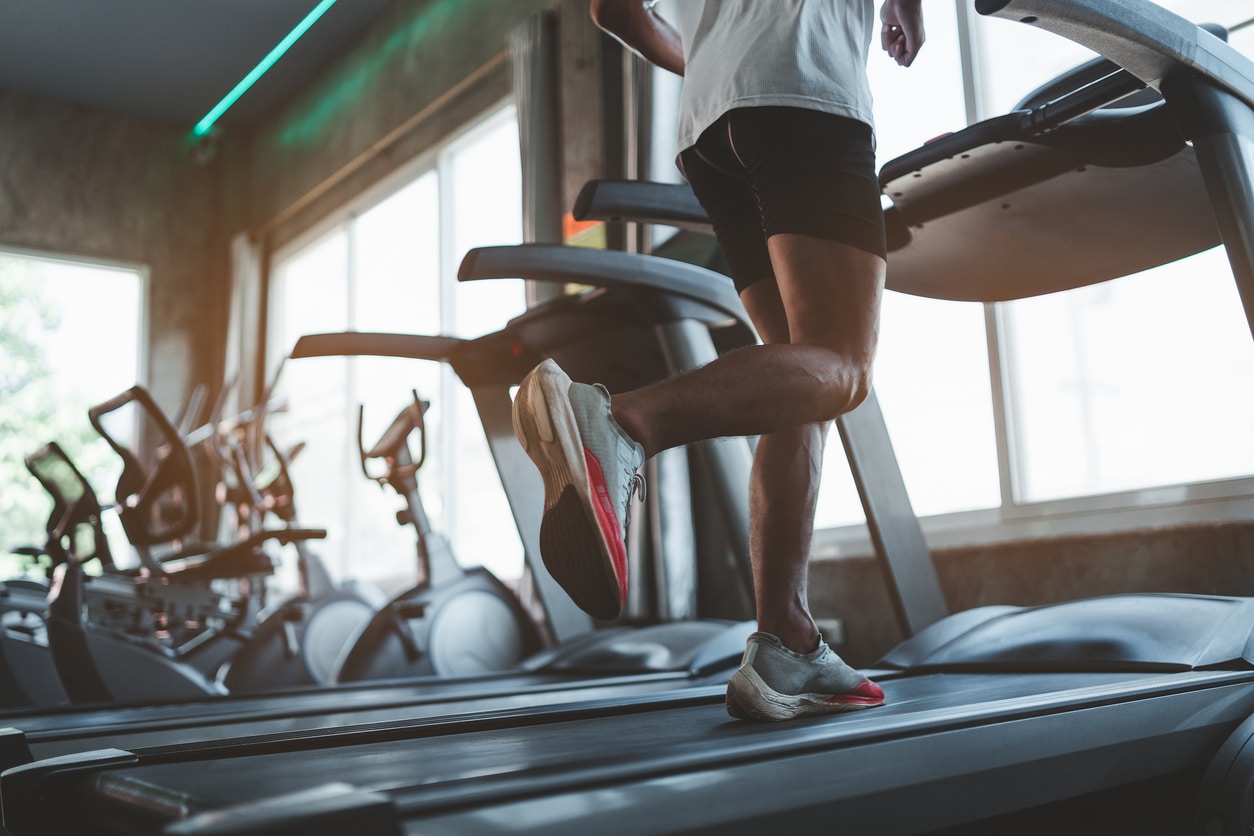With summer fast approaching, you’re probably making plans for Sunday picnics, hikes along Hunter Creek Trail or bike rides around your neighborhood in sunny weather. In all this summer activity, you might wonder how you can protect your hearing aids while still enjoying their benefits. Take a look at a few hearing aid protection tips to help you safeguard your devices.
Secure Your Hearing Aids

Unsecured hearing aids are prone to loss or damage. A few ways you can secure your device include:
- Wear a headband around your ears and devices to secure them to your head.
- Use a lanyard with a clip that attaches your hearing aid to your clothing or secures it around your neck.
- Use hearing aid-specific adhesive tape during rigorous exercise.
Prevent Water Damage
Depending on the type or intensity of your exercise, your hearing aids may be exposed to water damage. While most hearing aids have a water-resistant coating, none are waterproof. This means that while small amounts of sweat are unlikely to damage your devices, you should avoid contact with large bodies of water or heavy rain. A few ways you can prevent water or heavy sweat from eroding the delicate materials in your devices include:
- Wear a sweatband to prevent sweat from dripping into your ears or devices.
- Use silicone hearing aid covers to guard against excess exposure to water.
- Remove your devices and place them in a waterproof case prior to swimming. Secure the waterproof case in a bag far away from water sources for extra safety.
Act Quickly in the Event of Damage
Accidents happen. And when they do, knowing how to respond can save your devices from irreparable damage. If your devices sustain physical damage, make an appointment with one of our specialists for a repair. If they come into contact with water, take the following action:
- Remove your devices.
- Take the batteries out of their compartment.
- Dry off the battery compartment, battery and outside components of the hearing aid with a soft towel.
- Place your devices in a drying jar overnight to absorb any remaining moisture.
- Check your device’s functioning. If they produce feedback (whistling sound) or distorted noise, make an appointment with your hearing aid specialist for a repair.
Approximately 28.8 million U.S. adults could benefit from hearing aids, and physical activity doesn’t need to damage these remarkable devices. By securing your hearing aids, protecting them from water and acting quickly in the event of damage, you can enjoy them for years to come. To learn more about caring for your devices, contact LeMay Hearing & Balance today to make an appointment with one of our specialists.